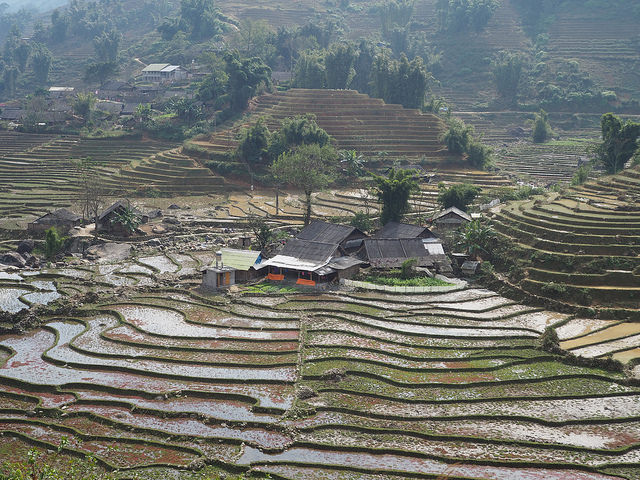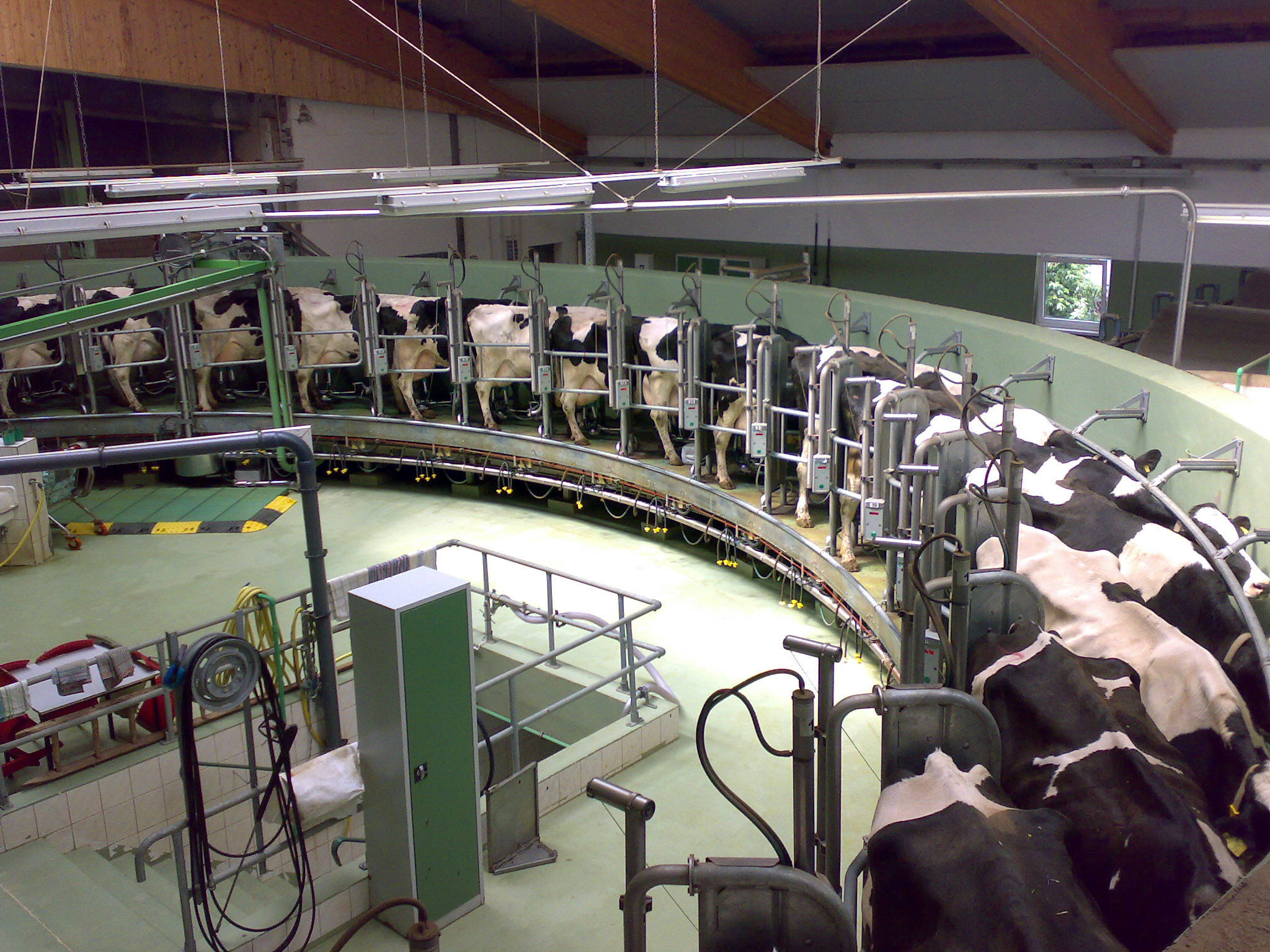Back to Brexit, I’m afraid, but I thought readers of this blog might be interested in a recent working paper I have written on this topic. Brexit (the UK’s exit from the European Union) will have important repercussions for the agri-food trade of developing countries because of the UK’s size (it is the sixth largest economy in the world) and its important role as an importer of agri-food products (it accounts for 12% of the EU’s imports from developing countries). These effects will occur through a variety of different channels.
Some of the key conclusions of the paper are:
• There will be higher trade costs for UK-EU27 trade.… Read the rest



